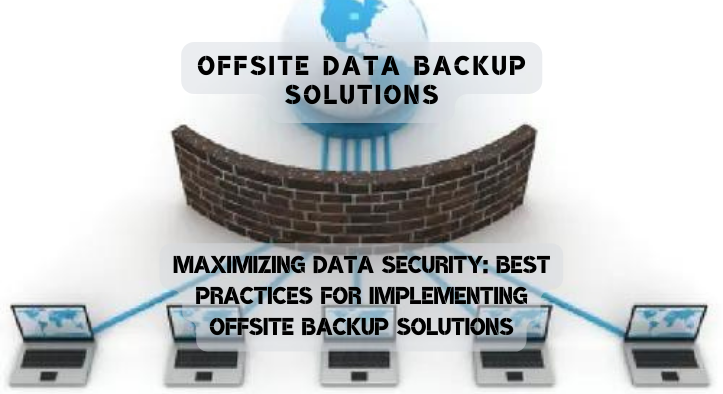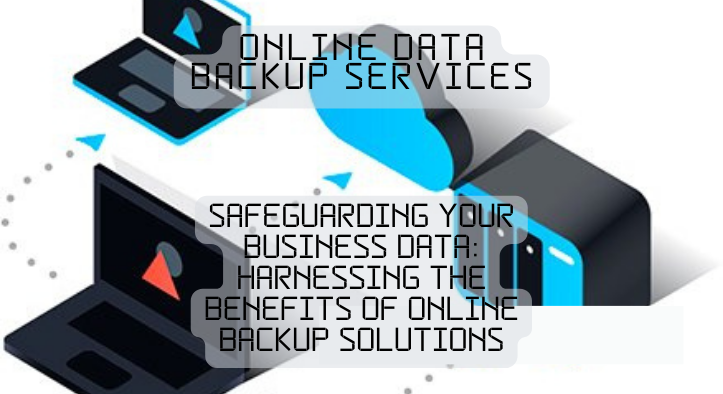Maximizing Data Security: Best Practices for Implementing Offsite Backup Solutions

Maximizing Data Security: Best Practices for Implementing Offsite Backup Solutions
Data security is a critical concern for businesses of all sizes. With the increasing prevalence of cyberattacks, it is essential for organizations to take proactive steps to protect their data. One of the most effective ways to ensure data security is to implement an offsite backup solution. Offsite backups provide an additional layer of protection against data loss due to malicious attacks, hardware failure, or natural disasters. In this article, we will discuss the best practices for implementing offsite backup solutions to maximize data security.
What is an Offsite Backup Solution?
An offsite backup solution is a method of backing up data that is stored in a remote location. This ensures that the data is protected from any potential threats that may occur on-site. Offsite backups are typically stored in the cloud, which provides an additional layer of security and reliability.
Benefits of Offsite Backup Solutions
Offsite backup solutions offer a number of benefits for businesses. Here are some of the key advantages of implementing an offsite backup solution:
- Increased data security: Offsite backups provide an additional layer of protection against data loss due to malicious attacks, hardware failure, or natural disasters.
- Cost savings: Offsite backups are typically more cost-effective than on-site backups, as they require less hardware and maintenance.
- Flexibility: Offsite backups can be accessed from anywhere, allowing for greater flexibility and scalability.
- Reliability: Cloud-based offsite backups are highly reliable, as they are stored in multiple locations and are backed up regularly.
Best Practices for Implementing Offsite Backup Solutions
Implementing an offsite backup solution is a critical step in ensuring data security. Here are some best practices for implementing offsite backup solutions:
- Choose a reliable provider: It is important to choose a reliable provider that offers secure and reliable offsite backup solutions. Research the provider’s security measures and make sure they meet your organization’s needs.
- Encrypt data: Encrypting data is an essential step in ensuring data security. Make sure to encrypt all data before it is backed up offsite.
- Test backups regularly: Regularly test backups to ensure that they are working properly and that all data is being backed up correctly.
- Monitor backups: Monitor backups to ensure that they are running as expected and that all data is being backed up correctly.
- Set up alerts: Set up alerts to notify you if there are any issues with the backups or if any data is missing.
Conclusion
Offsite backup solutions are an essential component of any data security strategy. By following the best practices outlined in this article, organizations can ensure that their data is secure and protected from potential threats. Offsite backups provide an additional layer of protection against data loss due to malicious attacks, hardware failure, or natural disasters. Additionally, they are typically more cost-effective than on-site backups, as they require less hardware and maintenance. By implementing an offsite backup solution, organizations can maximize their data security and ensure that their data is safe and secure.

